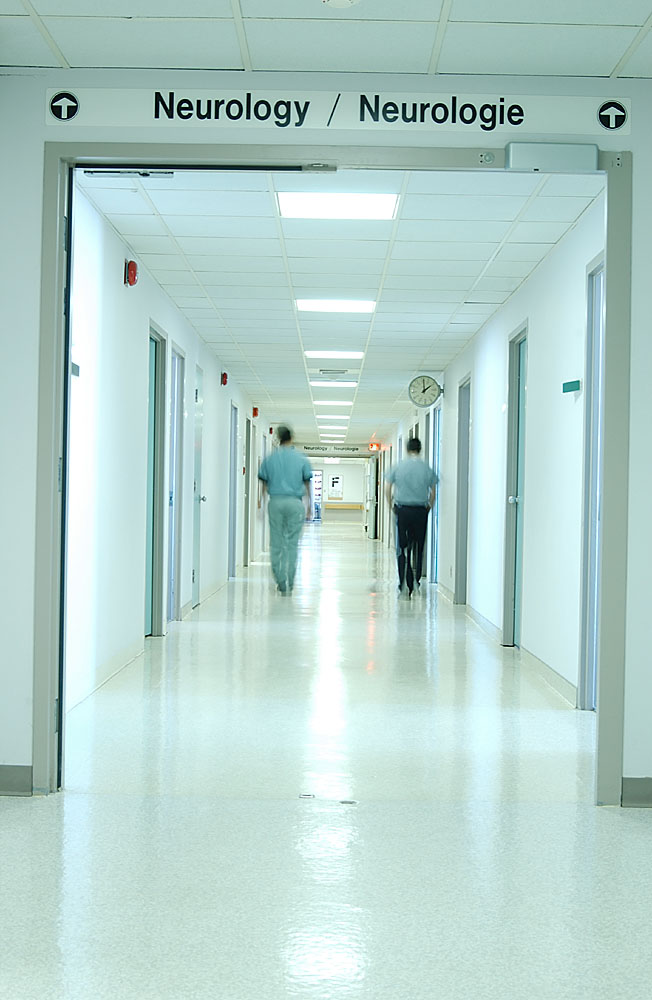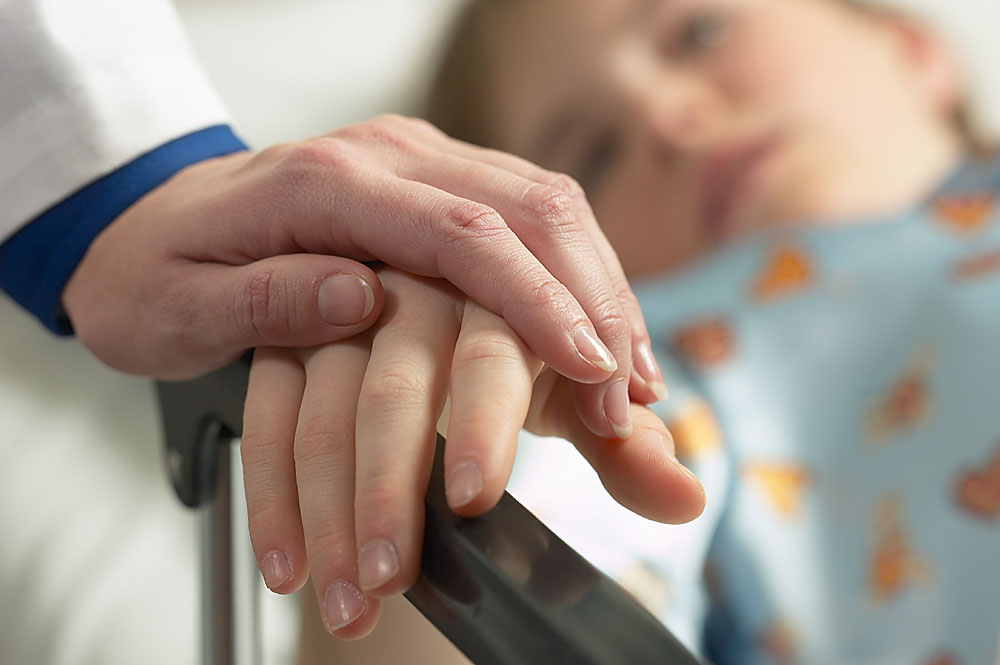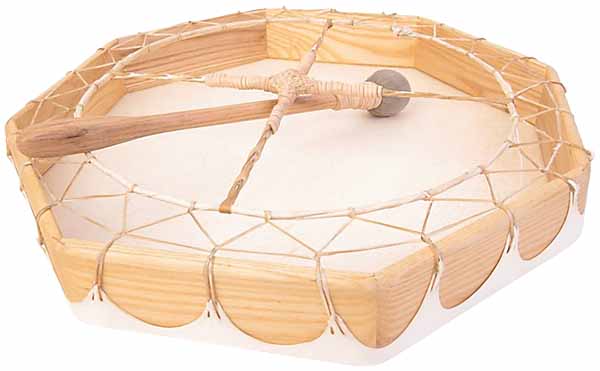
Traumatic brain injury (TBI), an injury to the brain caused by mechanical action, has serious consequences for those affected. The contents and goals of a music therapy treatment depend on the treatment phase in which the therapy begins.

In the initial phase, there is often an increase in pressure in the brain, caused by bleeding or edema. During this phase, the patients are often comatose or have reduced alertness. The treatment of these patients is at apallic syndrome / coma described. With increasing alertness, the cognitive and motor effects of TBI become clear and thus become therapeutically relevant.

The front regions of the brain are very often affected in TBI. The dysexecutive syndrome then occurs. Patients have difficulties in social behavior, controlling their emotionality and solving everyday problems.

In a music therapy group therapy, social behavior can be trained (making music together according to rules). Music and emotionality are closely related. Music therapy thus offers good access when working with the emotions of patients. Disruptions to the drive, attention and problem-solving strategies can be “practically” depicted and practiced live in the active musical game.
Visual disturbances (loss of visual field) must also be borne in mind, since the brain may have been pressed against the back of the cranial bone when subjected to frontal violence and injuries can also occur there.
If the head is damaged on the left, aphasia (speech disorder) is likely. This is often good with music therapy methods for aphasia to treat.
Patients with TBI often suffer from impaired memory. Musical memories are often deeply rooted and can be used in the therapy of these so-called amnesias. You can set anchors with music or tie in with older anchors (eg well-known songs).
The good memory of musical activity facilitates the transfer of the patient into the patient's everyday life - which is ultimately the goal of the treatment. The psychological stress caused by such a sudden physical injury with all its effects on the life of the patient is immense.
In-depth disease processing is necessary. Here you can Music psychotherapeutic approaches come into play.